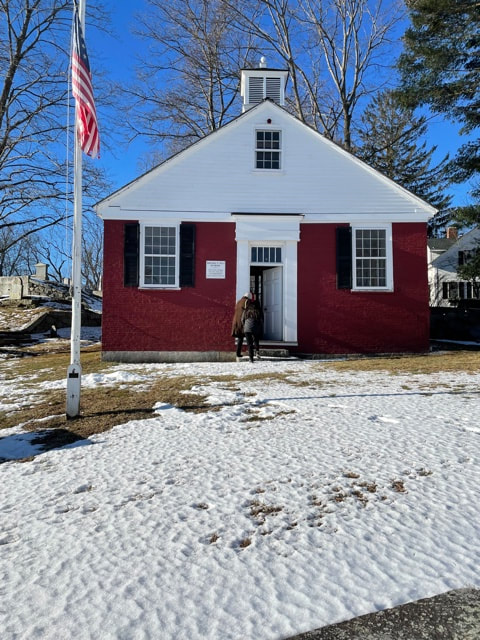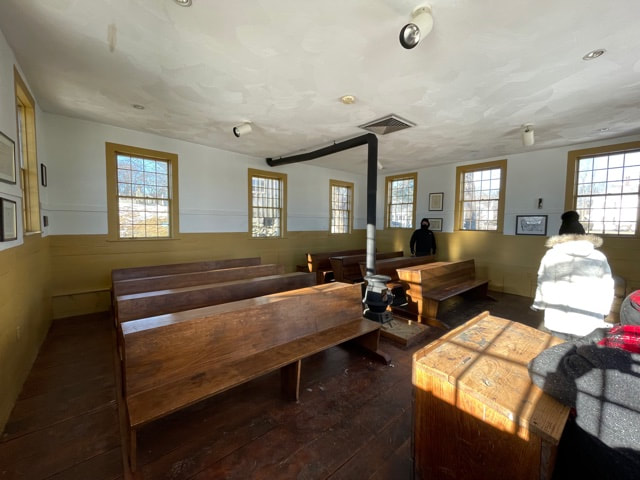|
“It is always worth itemising happiness, there is so much of the other thing in a life, you had better put down the markers for happiness while you can.” ~Sebastian Barry, The Secret Scripture
0 Comments
“We all know that something is eternal. And it ain’t houses and it ain’t names, and it ain’t earth, and it ain’t even the stars . . . everybody knows in their bones that something is eternal, and that something has to do with human beings.”
Thornton Wilder “His faults are not the whole of a person.” ~ Charlotte Mason When human organisations are housed in enormous, undifferentiated buildings, people stop identifying with the staff who work there as personalities and think only of the institution as an impersonal monolith, staffed by personnel. In short the more monolithic the building is, the more it prevents people from being personal and from making human contact with the other people in the building.
Christopher Alexander via Isa Crawford "A wise man does not wish to change his situation, because he knows that it is possible to fulfill the law of God, the law of love, in every situation." Tolstoy
"I THINK that in no country in the civilized world is less attention paid to philosophy than in the United States."
- de Tocqueville "Miss Hunt was of sanguine temperament, and had a cultural mind and refined tastes, full of love and appreciation for the good, the true, and the beautiful, wherever she found them. She had a poetical insight, and her interpretation of life was full of imaginative charm. She had the highest trust in the mercy and goodness and love of God, and she loved the church and all its treasure of historic and idealistic beauty."
"'What are you reading?' I couldn't help asking her.
Even in my hurry I was curious, as I always am, to see what book is in someone's hands, and when she showed me the book I felt as if it were a magnet and I were a paper clip tumbling toward it." Lemony Snicket "There is nothing more important, according to the Torah, than to preserve human life." Abraham Heschel
"Above all, Mr. Gilbert White is a man of system. Naturalist, physico-theologist. He lives in inches and ounces and hours and degrees. Matter flows in upon him. New information crowds in every day. He examines the forest sand through a microscope--smooth from collision, a yellow color. Watches the weather glass closely. Supine is the man who fails to put out his thermometer.
Weather on March 20, 1780, the day I was first set loose in Selborne? Dark, moist, and mild. Fifty degrees. Southwest wind. Full moon. Crocuses in high bloom. A matter of record. Mr. Gilbert White chronicles rain and snow and barometric pressure. As if they were baptisms and burials and marriage s in the parish register--the death of Anne Wheeler, age twenty-four, last year, or the union of William Trimming and Elizabeth Bartholomew. The burial, just a few days ago of Mary Burbey, age sixteen, of this parish, "by me, Gil White curate." Sixteen years and gone. A mayfly's life. The human year 1751, Mr. Gilbert White records, 'was one of the wettest Years in the memory of Man.' He is able to report that the 24th of August, 1764 was 'the fourth most beautiful harvest-day that ever was seen.' Glass very high. 'Those that had the most patience will have by much the best corn,' he declares, like the parson he is. He identifies four hundred and thirty-nine local plants. Traveler's joy, twayblade, eye-bright cow wheat, go-to-bed-at-noon. Knee-holly, or butcher's broom. Knows the common tongue for plants and the learned one too. Which birds possess a local name--the sit-ye-down. And which don't--Regulus non cristatus. " Verlyn Klinkenborg |
"Ideas
|
"Perhaps this is one of the secrets of life--to know 'glory' when we see it."
--Charlotte Mason
Virtual Life?
A wee explanation: this website was created as a way to amplify the daily surprise of seeing glory in one small life. The notebook entries represented here are all selected from things actually lived and noted on paper in an effort to live the full life British educator Charlotte Mason so ably championed.
Photos chosen are linked to their original posts in most cases because I have found something of value there and hope my readers will likewise find a helpful resource. In the case of miss-attribution or if you desire your work not be linked, please let me know.
Categories
All
Book Of Centuries
Book Of Firsts
Church Year
Commonplace
Copywork
Enquire Within
Fortitude Journal
Gratitude Journal
Keeping
Music Notebook
Nature Notebook
Notebooks
Picture File
Poetry
Prayer Journal
Recipes
Zeitgeist




 RSS Feed
RSS Feed
